How do you make Silent Hill good again? Give it to Remedy
The only studio I trust to do the series justice.
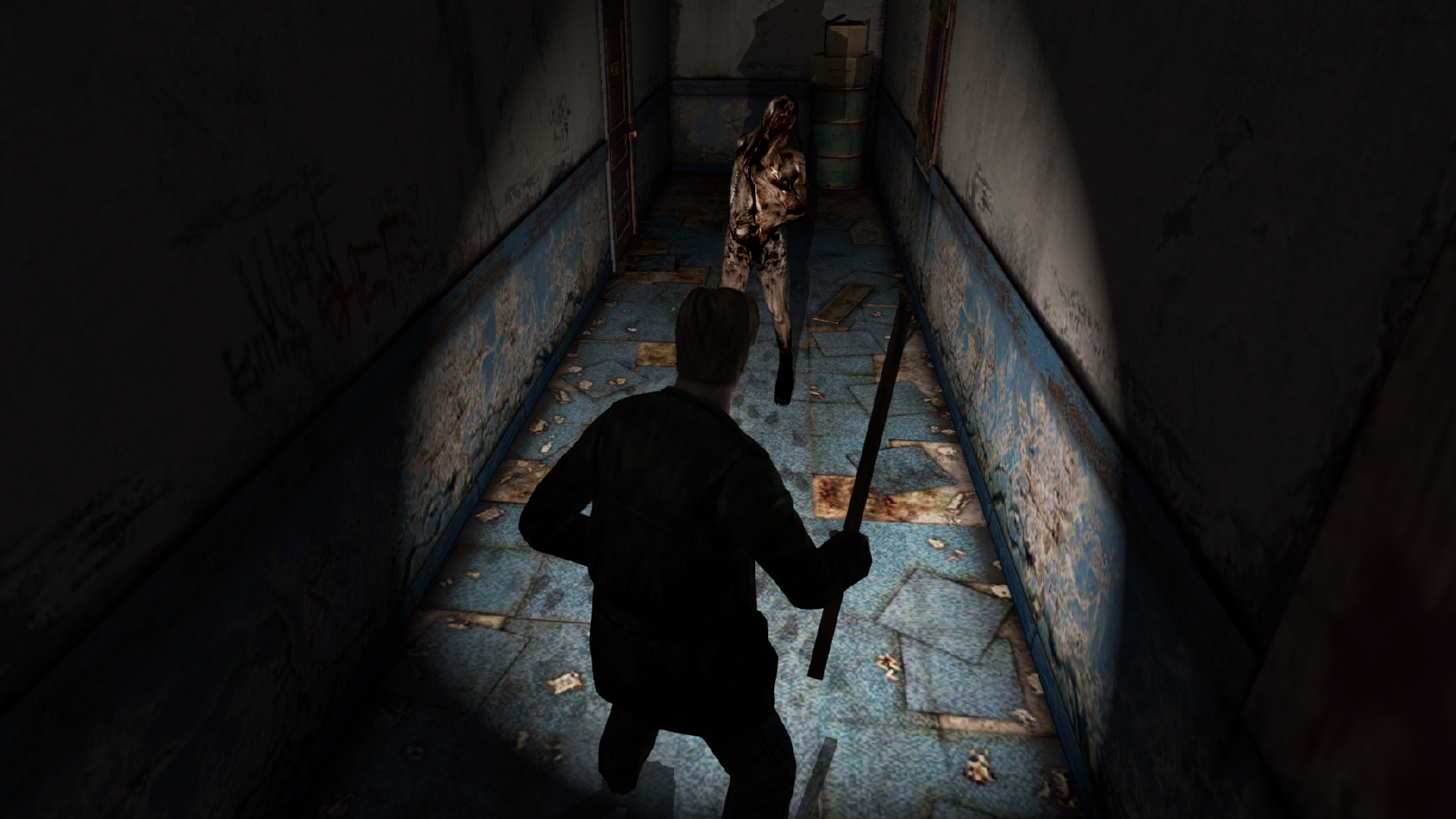
Keep up to date with the most important stories and the best deals, as picked by the PC Gamer team.
You are now subscribed
Your newsletter sign-up was successful
Want to add more newsletters?

Every Friday
GamesRadar+
Your weekly update on everything you could ever want to know about the games you already love, games we know you're going to love in the near future, and tales from the communities that surround them.

Every Thursday
GTA 6 O'clock
Our special GTA 6 newsletter, with breaking news, insider info, and rumor analysis from the award-winning GTA 6 O'clock experts.

Every Friday
Knowledge
From the creators of Edge: A weekly videogame industry newsletter with analysis from expert writers, guidance from professionals, and insight into what's on the horizon.

Every Thursday
The Setup
Hardware nerds unite, sign up to our free tech newsletter for a weekly digest of the hottest new tech, the latest gadgets on the test bench, and much more.

Every Wednesday
Switch 2 Spotlight
Sign up to our new Switch 2 newsletter, where we bring you the latest talking points on Nintendo's new console each week, bring you up to date on the news, and recommend what games to play.

Every Saturday
The Watchlist
Subscribe for a weekly digest of the movie and TV news that matters, direct to your inbox. From first-look trailers, interviews, reviews and explainers, we've got you covered.

Once a month
SFX
Get sneak previews, exclusive competitions and details of special events each month!
When I heard a rumour that Bloober Team, the ludicrously named studio behind pedestrian horror games like Layers of Fear and The Medium, might be making a new Silent Hill, I was... concerned. But it got me thinking. If I had the power to hand the rights to Silent Hill—one of gaming's most precious yet routinely abused IPs—over to any developer, who would it be? And the answer was obvious: Remedy Entertainment. No, really. Hear me out.
Silent Hill needs a unique voice
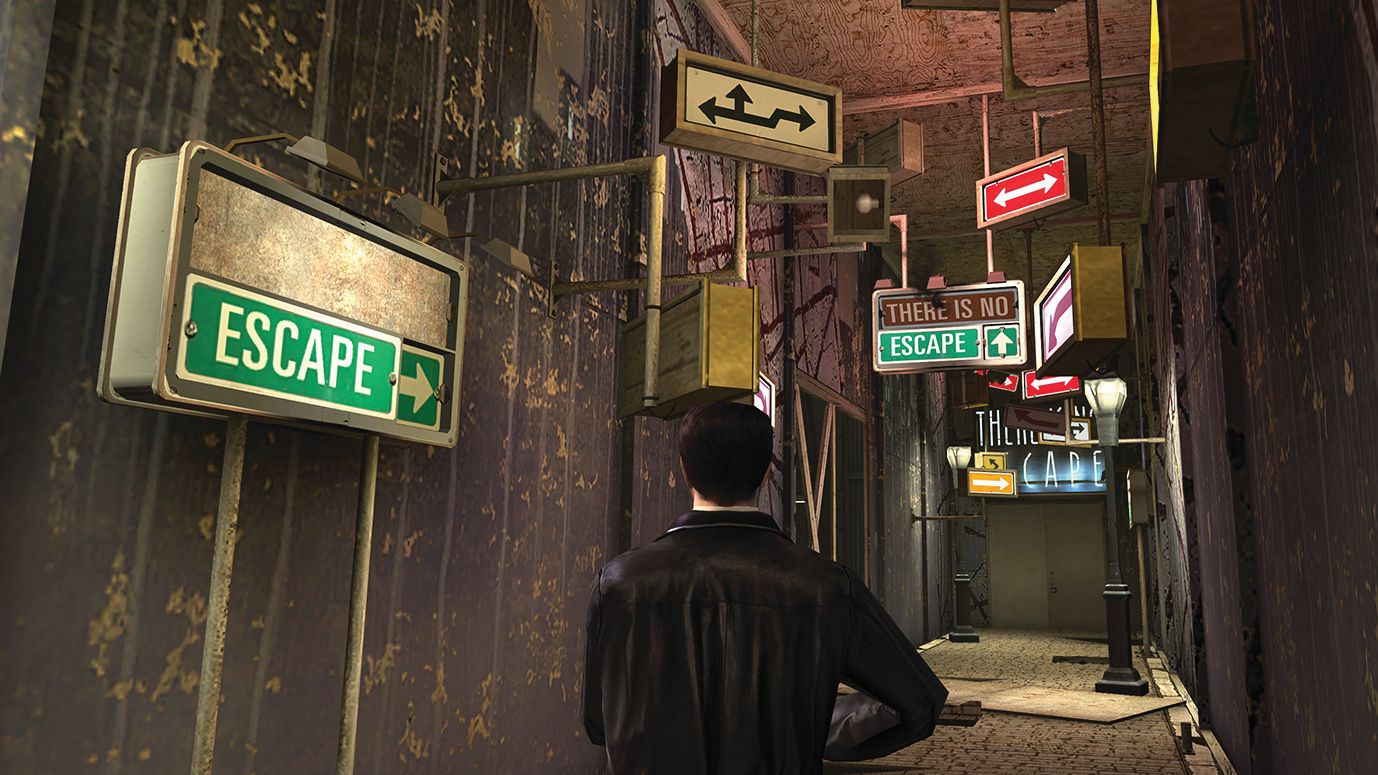
This is the most important thing. There's no point giving Silent Hill to a developer who's just gonna fill it with zombie nurses, groan-worthy Pyramid Head and Robbie the Rabbit cameos, and upturned wheelchairs lying around every corner. Since Team Silent's closure, and Silent Hill being outsourced to western developers, the series has (with some exceptions) been too reliant on clunky references to—or failed attempts to replicate—moments from the original games.
But what makes the first three Silent Hills (and even the divisive fourth game, The Room) so special is how distinctive they are. There are some details linking the games, but they're used sparingly, and in a way that feels organic. And if you're looking for developers with a distinctive approach to writing, design, sound, and art, look no further than Remedy.
When you play one of its games, there's no mistaking which team is behind it. And I feel like the studio would approach Silent Hill in the same way MachineGames did with Wolfenstein, taking an established, beloved series and imprinting its own idiosyncratic personality onto it in an exciting way.
Remedy does weird really well
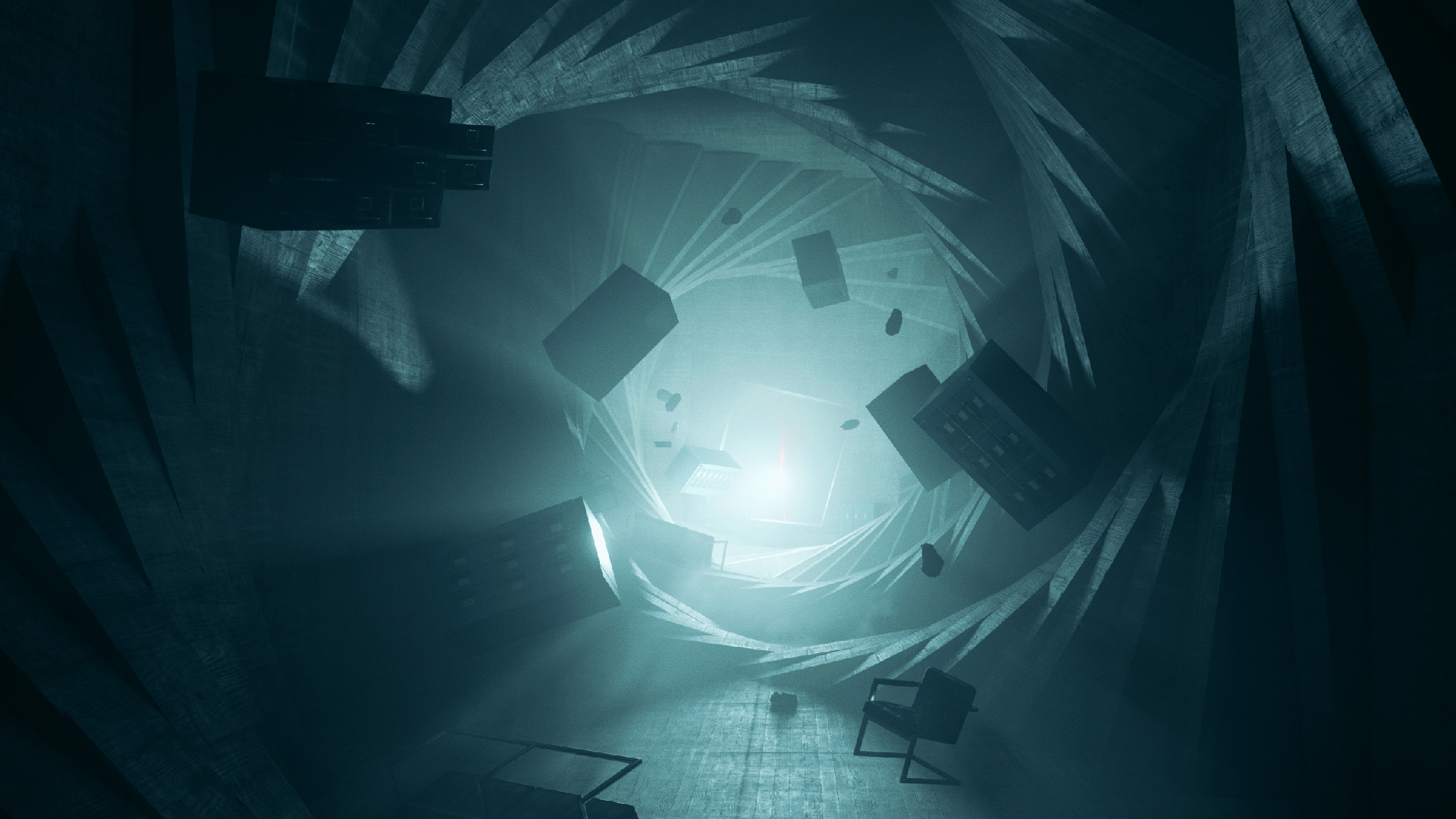
Part of what makes Silent Hill so scary is how strange it is. These games (well, the good ones anyway) present their settings, characters, and stories in an abstract, offbeat way, with the woozy half-awake feel of a restless nightmare. The town shifts and distorts around you, and the laws of space, physics, and time are stretched and twisted by the evil forces that control it.
This is something Remedy is very good at, whether it's Alan Wake's trippy dream sequences, the nightmarish funhouse level from Max Payne 2, or most of all, Control's mind-bending setting. Towards the end of the original Silent Hill you're lost in a place called Nowhere: a bizarre, unsettling labyrinth made up of rooms and corridors from places you explored earlier in the game.
It's a deliberately confusing, spatially perplexing place designed to creep under your skin: exactly like Control's Oldest House. This is an important aspect of Silent Hill that Remedy would absolutely nail. The town not as a tourist resort, but as a nightmarish manifestation of a person's darkest secrets. A place conjured up by a broken mind, fragmented and illogical, where you can walk through a door and appear in another building miles away.
Keep up to date with the most important stories and the best deals, as picked by the PC Gamer team.
But, importantly, it can do sad too
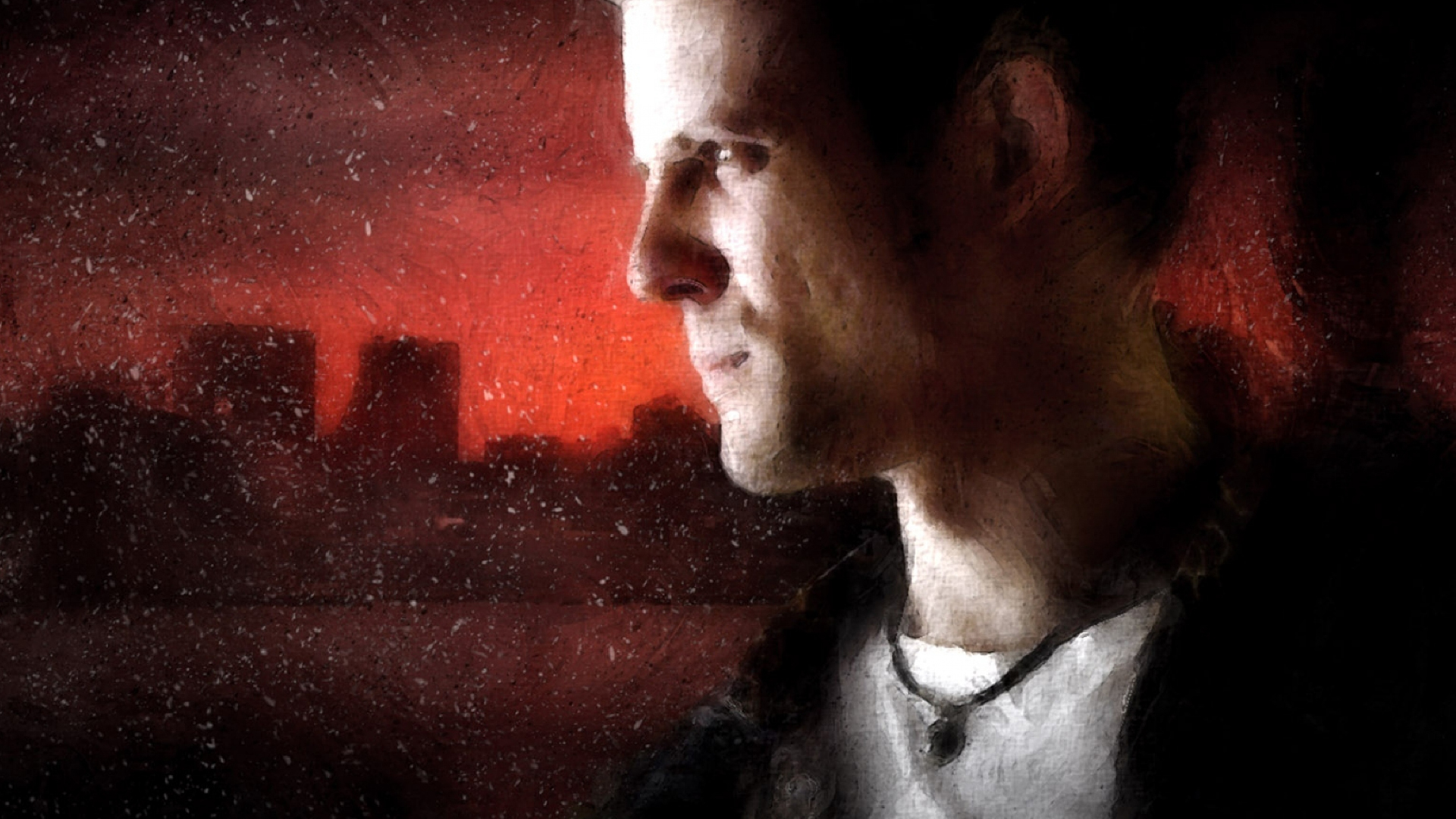
Of course, weirdness is only one part of the Silent Hill experience. These games have to be sad too, and Remedy has shown that it can do melancholy just as well. Most Remedy protagonists—particularly Alan Wake and Max Payne—are troubled, introspective, deeply flawed people who love to dwell, often indulgently, on their negative emotions. This is precisely the kind of lost soul that would be lured to the haunted town of Silent Hill for judgement.
Remedy games have a distinctive sense of humour (well, maybe not Quantum Break), but it's always underpinned by a sadness or tragedy that gives them emotional weight. And anyway, it's not like Silent Hill is completely devoid of humour. It can be funny when it wants to, whether it's Silent Hill 2's infamous dog ending or the deadpan humour of Silent Hill 3 protagonist Heather Mason. This mix of sad and funny is well within Remedy's wheelhouse.
Remedy and Team Silent share similar influences
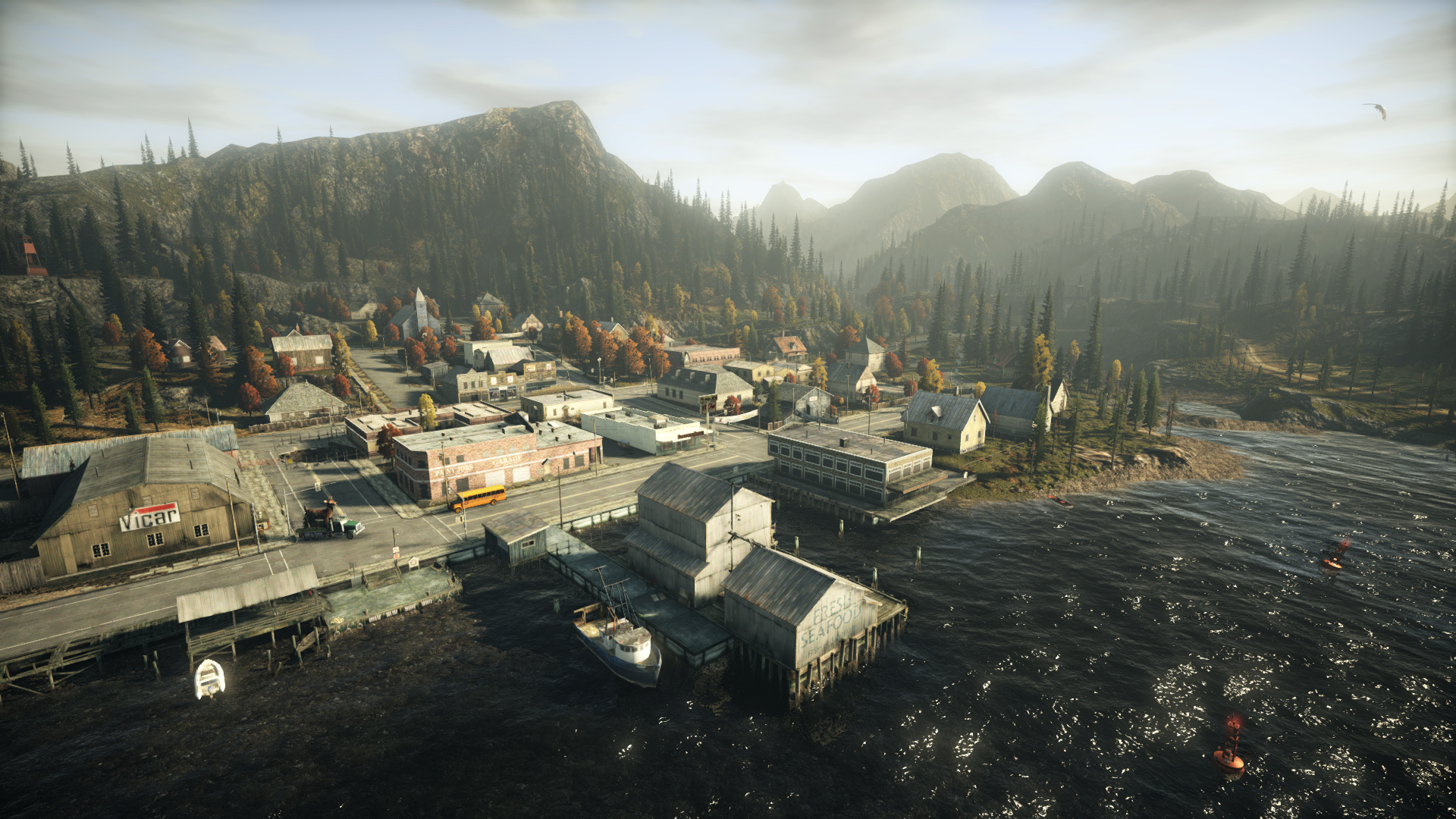
You only have to look at a town map in Silent Hill to see Team Silent's influences. Horror and sci-fi writers including Stephen King, Robert Bloch, Richard Matheson, Jack Finney, and Ira Levin all have streets named after them. And their writing, as well as the works of David Lynch, Adrian Lyne's film Jacob's Ladder, and bands like Sonic Youth, are referenced and riffed on throughout the series. Silent Hill is a town built on alternative pop culture and genre fiction.
And who else loves tasteful music references, Stephen King novels, Twin Peaks, The Twilight Zone (which Richard Matheson wrote some of the best scripts for), and weird genre fiction? Remedy, baby. Both studios work (well, worked in Team Silent's case) from very similar reference boards, and that's another compelling reason why Remedy would do Silent Hill justice.
But... what if Remedy isn't into it?
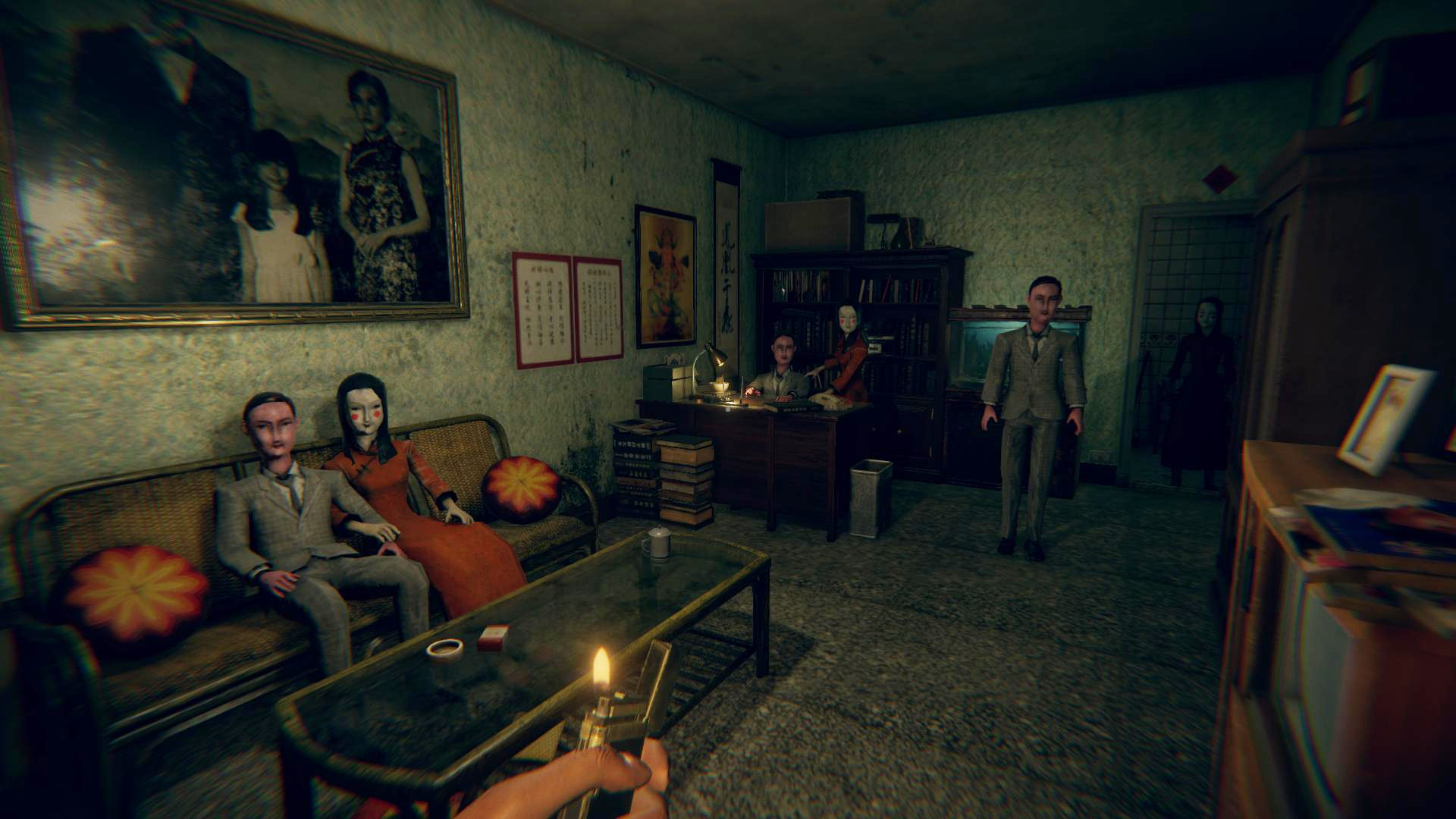
Yeah, I mean, Remedy likes to create its own IPs. But in this thought experiment, where I have somehow been given the right to outsource Silent Hill by Konami, it would definitely say yes. If not, I'd love to see Red Candle Games (the team behind Detention and Devotion) take a pop at it. Detention in particular really captures the vibe and atmosphere of the early Silent Hill games. I also think Frictional, based on the magnificent headfuck that is SOMA, would make a great one. And I would love that Kojima Productions version to resurface, but that seems highly unlikely given Kojima's split with Konami. Oh well.
If it’s set in space, Andy will probably write about it. He loves sci-fi, adventure games, taking screenshots, Twin Peaks, weird sims, Alien: Isolation, and anything with a good story.


